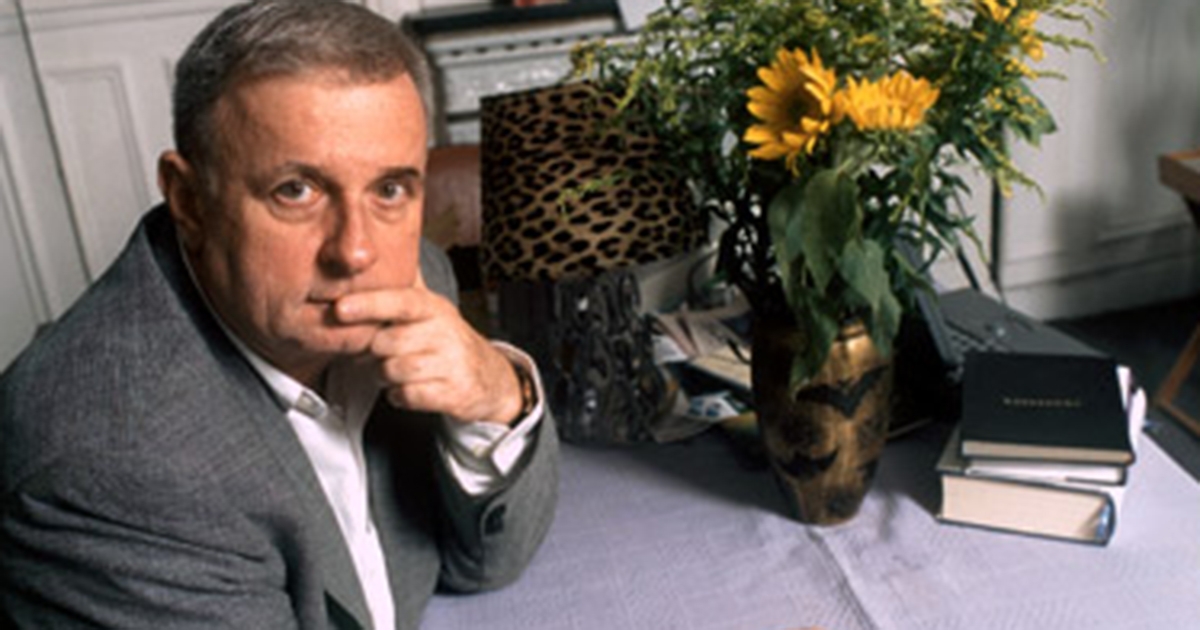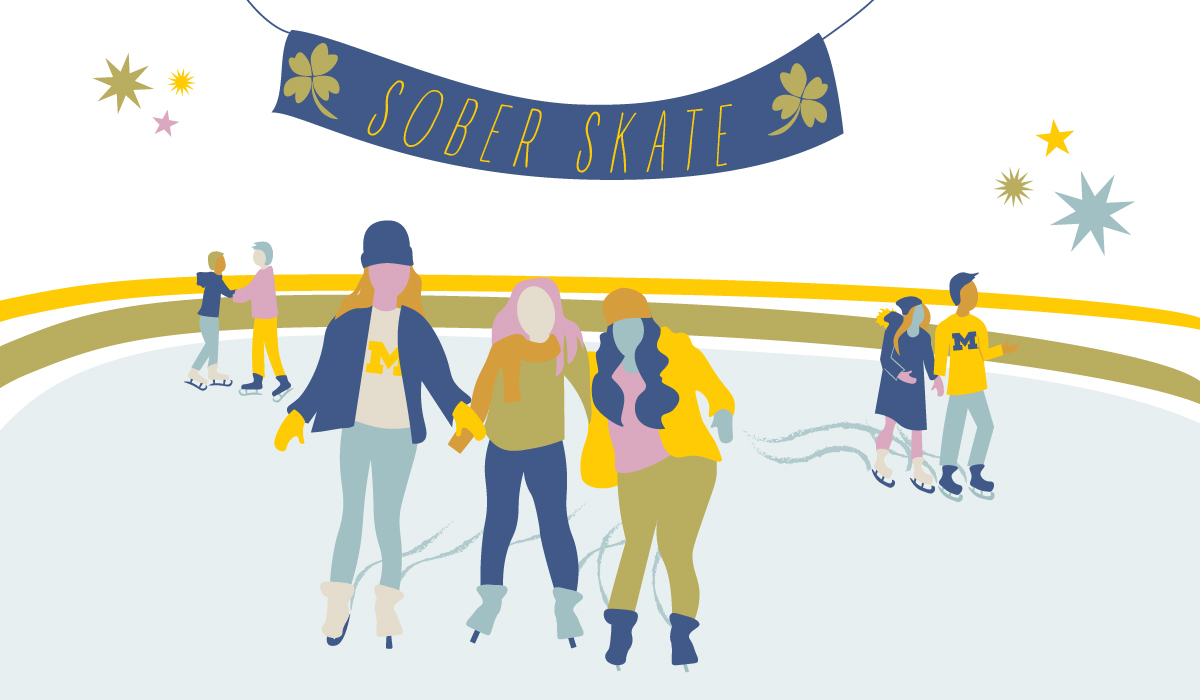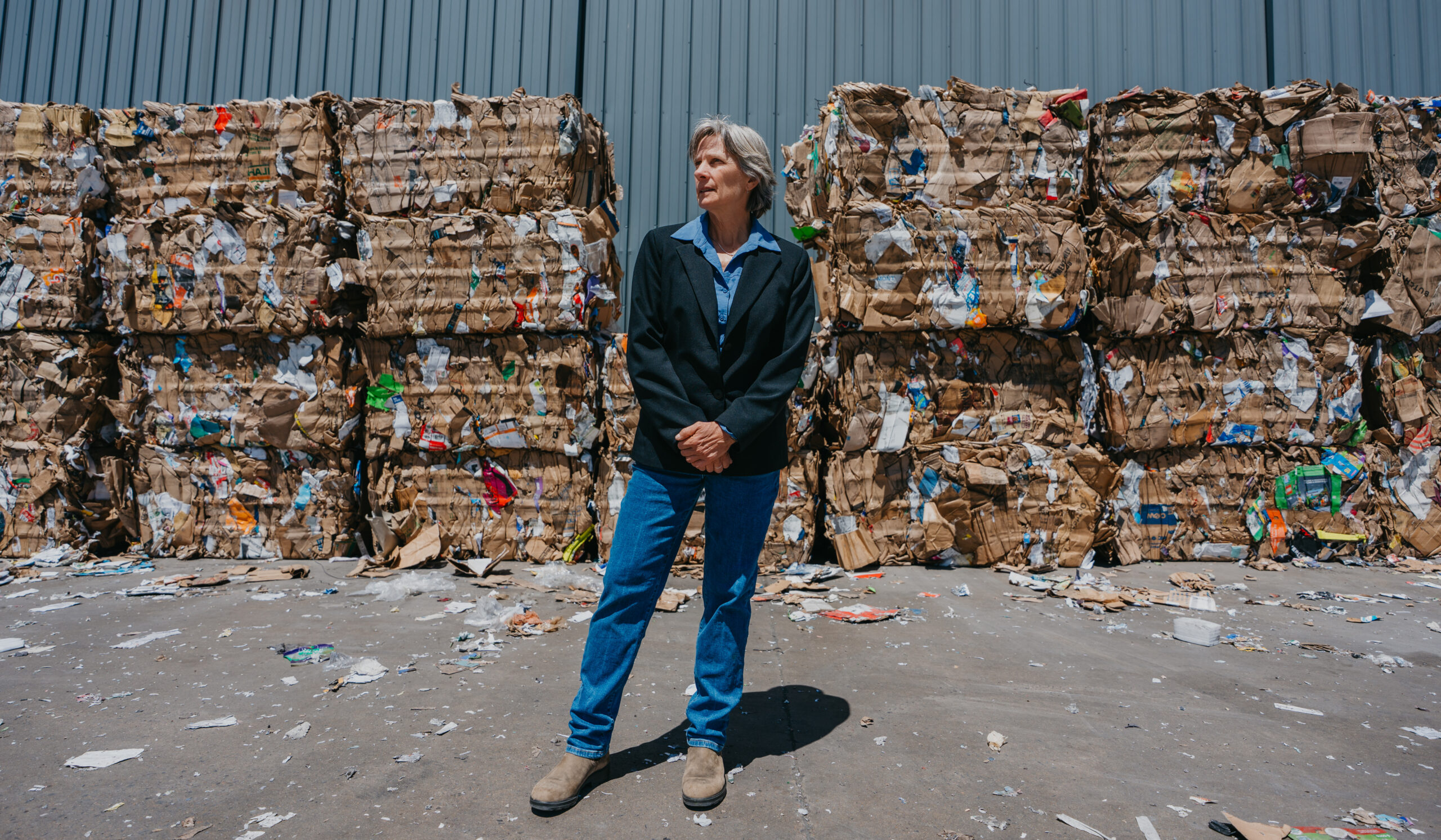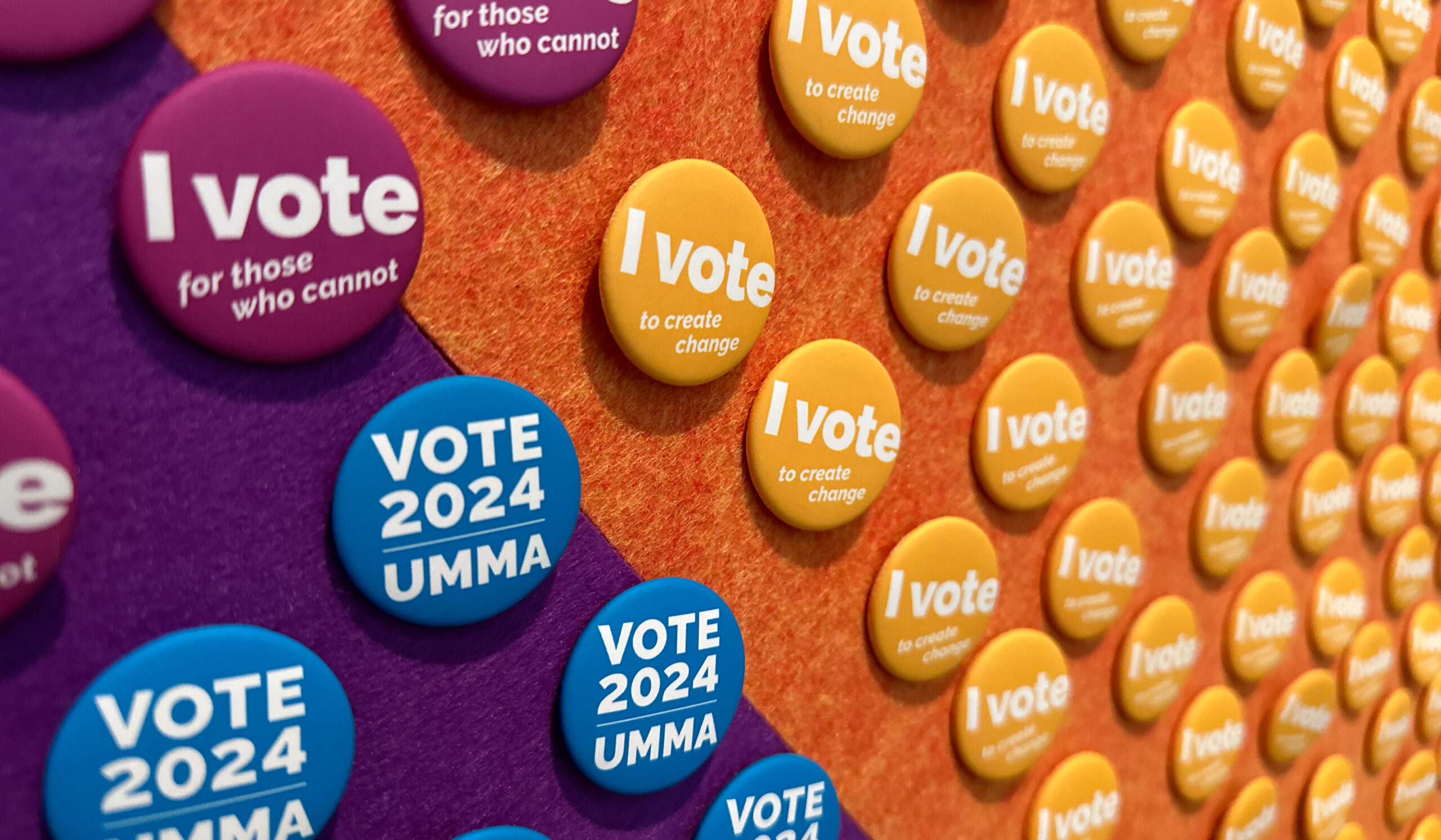Edmund White, ’62, has long been known in LGBTQ circles for his autobiographical novels, such as “A Boy’s Own Story” (Dutton, 1982), a coming-out narrative inspired by his own high school years in Michigan, as well as his works of nonfiction.
Now White—a memoirist, essayist, and novelist who has authored some 30 books—will receive the National Book Foundation’s 2019 Lifetime Achievement Award, known as the Medal for Distinguished Contribution to American Letters. Famed king-of-camp writer, photographer, and film director John Waters will present White with the award at the 70th National Book Awards ceremony in New York City on Nov. 20.
While at U-M, White received the University’s highest literary honor, the Avery Hopwood Award. It would be the first of many White would receive throughout his career, including the 2018 PEN/Saul Bellow Award for Achievement in American Fiction. With this latest recognition, White now joins a distinguished list of past Lifetime Achievement Award recipients, including Isabel Allende, Annie Proulx, and Robert Caro.
White’s fellow LGBTQ writers also recently honored him with “Crashing Cathedrals” (Itna Press, 2019), a collection of essays celebrating his work. His next novel, “A Saint From Texas,” will be published in August 2020.
Michigan Alumnus recently caught up with White in New York, where he lives with his husband, fellow writer Michael Carroll.
How did your education influence your writing?
I attended the Cranbrook Academy in Bloomfield Hills, outside Detroit, and its physical beauty and my classes in Latin, French, and creative writing left their mark on me. At U-M, I took life-changing courses: the music of Béla Bartók taught by Ross Lee Finney, Aristotle by the late Hungarian philosopher Julius Moravcsik, Buddhist art with Max Loehr, and creative writing with Donald Hall. As a Chinese major, I also took courses in Chinese.
What advice would you give college students about life as a writer?
Trust your impulses. Be prepared for endless rejections. Learn to earn a living, not from your pen. Think of your career as a lifetime project. You need to find a stable way to earn income, so that you can think more clearly about quality writing, which might not produce much money at first or even money at all. Think of your career as a lifetime project that also includes being immersed in writing communities and teaching. I have taught as an adjunct at various universities, including Columbia, and was also named a tenured, full professor of creative writing at Princeton.
As a pioneer the area of LBGTQ literature, did you confront discrimination from publishers?
Throughout the 1960s, I was submitting gay fiction but it was always refused. Later, editors would tell me they really liked my work but couldn’t speak out for it lest they themselves would be fired for being gay.
What changes toward the gay community have surprised you the most in your long life?
In the ’60s and ’70s, I wouldn’t have imagined that gays would want to serve in the armed forces, get married, or have children.
You are prolific, writing something like a book a year, if not more. How do you manage?
My early training as a journalist taught me not to be word proud. In other words, not to be worried about someone editing my work, and never to be blocked.
You write both fiction and nonfiction. What advice do you have for switching between the two genres?
The same advice Joyce Carol Oates gave me: do your research as you write and not all in advance since you’ll forget what you’ve learned and have to do it all over again.
In addition to your own books, is there a canon of LGBTQ literature you would recommend to people?
I like everything by Trebor Healey and Garth Greenwell—especially Garth’s upcoming book “Cleanness” (Farrar, Straus and Giroux, 2020) and, among those of an earlier generation, Denton Welch, J. R. Ackerley, and countless others.
John Waters is presenting the award. Do you know him?
I first met John Waters in France during the Cannes Film Festival in the mid-1980s. I’ve seen most of his movies, attended exhibitions of his artworks, seen his private collection, read his hilarious books, seen his act, and heard his brilliant conversation. His is always funny and full of a spirited combination of outrageous boundary-breaking and common sense.
What was your reaction when you learned you would receive the Lifetime Achievement Award?
It was a total surprise—a welcome one, especially since it recognizes a whole career, not just a single work. Many times, I was tempted to write something inferior just for the money. But I’m glad I resisted the impulse.
Michael Luongo is a freelance journalist based in New York City. He was a 2015-16 Knight-Wallace Journalism Fellow and is currently an online writing professor for UCLA.





